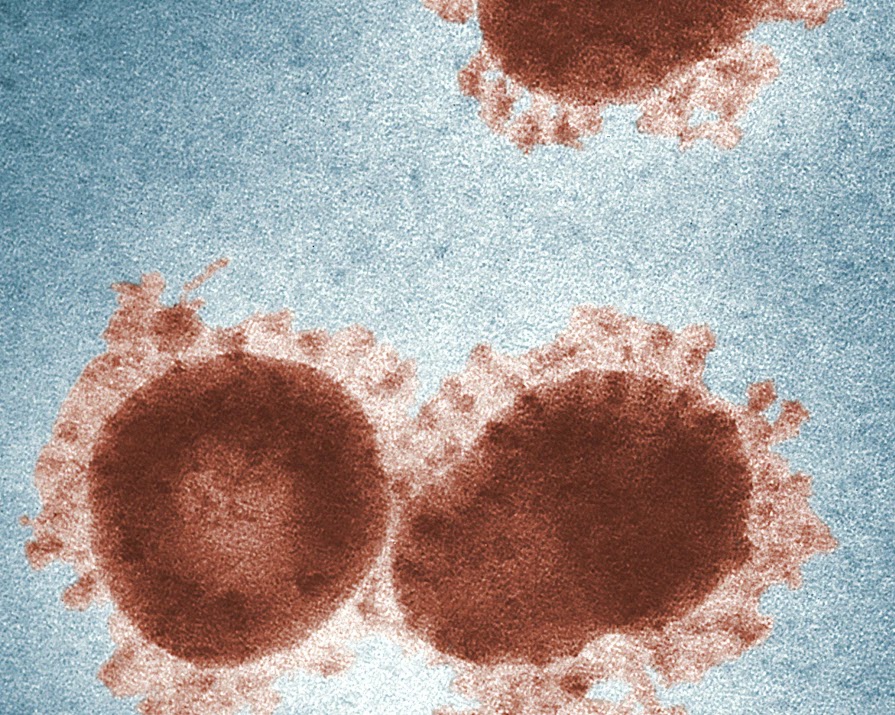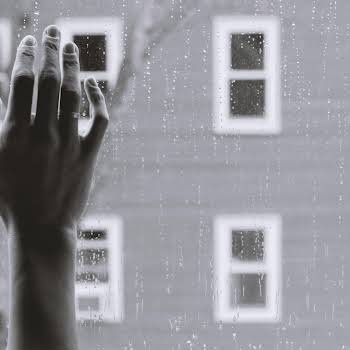
By Jennifer McShane
25th Mar 2020
25th Mar 2020
New testing criteria for coronavirus is being implemented in Ireland from Wednesday as cases in the country surpass 1,500.
Suspected patients must now meet a set of standards in order to be able to avail of a test for COVID-19.
In order to get a test, a person should fall into one of the priority groups and must also show the two main symptoms of the virus.
Groups being deemed as priority include:
- Anyone who has been in close contact with a confirmed case
- Healthcare staff that are fighting to help patients on the frontline
- Vulnerable groups of people – including those with underlying health conditions
As well as falling into one of these groups, suspected cases must show the two main symptoms which are fever and shortness of breath.
It is heartening to see how the people of Ireland have embraced the measures needed to interrupt #COVID19.
We are now in the crucial weeks of our response. New measures announced today are being implemented to save lives.
Read them. Know them. Act now. https://t.co/6nu04ERiHR
— Dr Tony Holohan (@CMOIreland) March 24, 2020
It comes after 235 new cases of Covid-19 have been confirmed in the Republic, bringing the total here to 1,564.
Two more deaths connected to the coronavirus have also been confirmed, bringing the total number of deaths in this country to nine.
The two patients who died are a female in the east of the country who had an underlying health condition and a male in the east of the country, of whom no underlying health condition was reported.
The HSE is now working to identify any contacts the new patients may have had to provide them with information and advice to prevent further spread.
They said 55% of cases so far are male and 45% female, while the median age is 45.
Of the new cases, 39 are in intensive care while 283, or 24%, are healthcare workers.
The figures also revealed that community transmission accounts for 49% of positive cases, close contact accounts for 23% and travel abroad accounts for 28%.
Testing “beyond what is feasible”
“People are worried and a little more concerned which we understand, our view is that many more people are seeking testing that is well beyond what is feasible,” said Chief Medical Officer Dr Tony Holohan at the HSE briefing on Wednesday evening.
Concerns were flagged about the policy change that it would result in a decrease in testing, but he explained that too many with mild symptoms were being tested with negative results, so in order to keep community tracing and track more positive cases, it was necessary to alter the testing criteria.
“Our data showed yesterday that only 6% of our tests so far returned positive; so for every 100 people we test, we are only finding 6 people with Covid-19. In light of this, our case definition changed.
“Changing case definition is a standard practice in managing pandemics. Ultimately, we want our 6% detected rate to increase, we want to find as many people as possible with Covid-19, isolate them and contain the spread.”
“…The vast majority of people have been tested have tested negative, what we’ve done in response is to tighten the case definition, that we’re picking up the people who have the disease and target resources more effectively at tracing their contacts,” added Dr Ronan Glynn, Deputy Chief Medical Officer.
“Our plan is to test as many as possible but in the short term, we’re targeting the most vulnerable groups.
“Over the coming weeks, we plan to test more and more people.”
Read more: How understanding the 5 stages of grief can help you through the coronavirus outbreak
Read more: ‘Keep to your routine’: a former Navy submariner shares his tips for living in isolation
Read more: 20 relationship questions to bring you and your partner closer together during Covid-19























